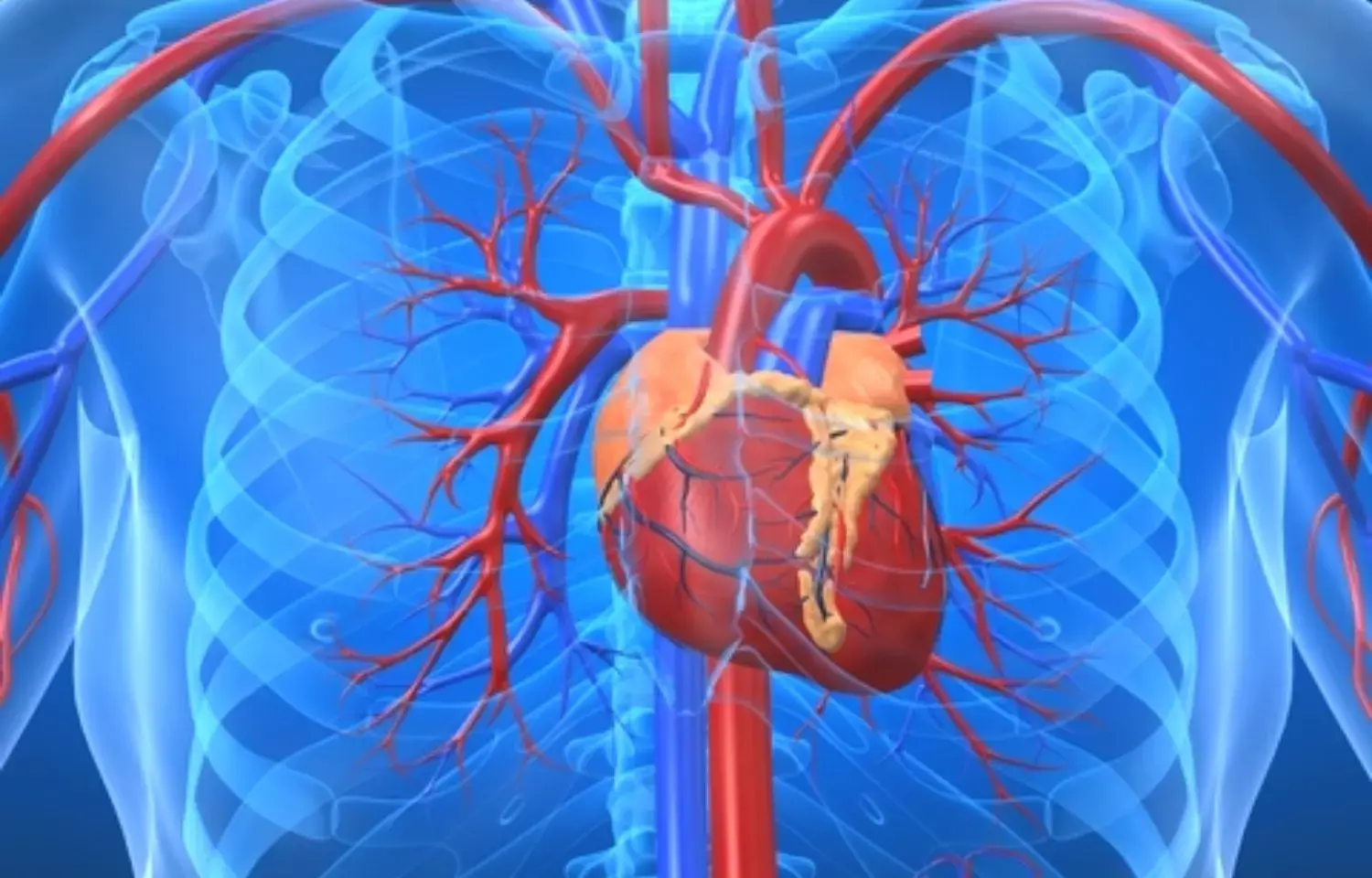- Home
- Medical news & Guidelines
- Anesthesiology
- Cardiology and CTVS
- Critical Care
- Dentistry
- Dermatology
- Diabetes and Endocrinology
- ENT
- Gastroenterology
- Medicine
- Nephrology
- Neurology
- Obstretics-Gynaecology
- Oncology
- Ophthalmology
- Orthopaedics
- Pediatrics-Neonatology
- Psychiatry
- Pulmonology
- Radiology
- Surgery
- Urology
- Laboratory Medicine
- Diet
- Nursing
- Paramedical
- Physiotherapy
- Health news
- Fact Check
- Bone Health Fact Check
- Brain Health Fact Check
- Cancer Related Fact Check
- Child Care Fact Check
- Dental and oral health fact check
- Diabetes and metabolic health fact check
- Diet and Nutrition Fact Check
- Eye and ENT Care Fact Check
- Fitness fact check
- Gut health fact check
- Heart health fact check
- Kidney health fact check
- Medical education fact check
- Men's health fact check
- Respiratory fact check
- Skin and hair care fact check
- Vaccine and Immunization fact check
- Women's health fact check
- AYUSH
- State News
- Andaman and Nicobar Islands
- Andhra Pradesh
- Arunachal Pradesh
- Assam
- Bihar
- Chandigarh
- Chattisgarh
- Dadra and Nagar Haveli
- Daman and Diu
- Delhi
- Goa
- Gujarat
- Haryana
- Himachal Pradesh
- Jammu & Kashmir
- Jharkhand
- Karnataka
- Kerala
- Ladakh
- Lakshadweep
- Madhya Pradesh
- Maharashtra
- Manipur
- Meghalaya
- Mizoram
- Nagaland
- Odisha
- Puducherry
- Punjab
- Rajasthan
- Sikkim
- Tamil Nadu
- Telangana
- Tripura
- Uttar Pradesh
- Uttrakhand
- West Bengal
- Medical Education
- Industry
Higher CAC score strongly linked to mortality, CV events in diabetes patients: Study

France: An increase in coronary artery calcium score (CACS) in asymptomatic diabetes patients is strongly associated with an increased risk of mortality and/or fatal and non-fatal cardiovascular events, says a recent study in the Journal of Diabetes and its Complications. This implies that CACS can help to make a decision to start preventive drug therapy in diabetics.
Diabetes' pharmacological management is based mostly on the assessment of cardiovascular risk. For this purpose, CACS is proposed with a soft (class IIb) recommendation, as its prognostic implication in different subsets requires further evidence. Thus, Mamadou Adama Sow, University of Limoges, Limoges, France, and colleagues carried out a systematic review and meta-analysis to address the high CACS prevalence, its prognostic value, and determinants in diabetes, with a special focus on different sex and ethnic groups.
For this purpose, the researchers conducted a systematic review of the published literature in several databases between 01/2000 and 01/2021. Original studies were included if they presented data on the determinants, prevalence, and prognosis of high CACS in diabetes patients without known cardiovascular disease.
Pooled odds ratios (OR) for CACS determinants and Relative Risk (RR) for CACS prognostic values were calculated on all-cause mortality and/or fatal and non-fatal CV events in different categories using random-effects models. A total of 23 studies consisting of 20,999 patients were included.
The findings of the study were as follows:
- Female sex and black ethnicity presented the lowest prevalence of CACS>0.
- Age, male sex, non-black ethnicity, and diabetes duration were identified as risk factors for high CACS.
- Among the 10 studies (n = 110,396 person-years) with prognostic data, the pooled RR for the occurrence of all-cause death and/or cardiovascular events were 4.03, 5.87 and 9.04 respectively for CACS>0 vs. CACS = 0, CACS≥100 vs. CACS<10 and CACS≥400 vs. CACS<10. For similar CACS, these RR were greater in women than in men.
"Our meta-analysis shows that in asymptomatic patients with diabetes the increase in CACS is strongly associated with an increased risk for all-cause mortality and/or fatal and non-fatal CV events," the authors concluded.
Reference:
The study titled, "Prevalence, determinants and prognostic value of high coronary artery calcium score in asymptomatic patients with diabetes: A systematic review and meta-analysis," was published in the Journal of Diabetes and its Complications.
DOI: https://doi.org/10.1016/j.jdiacomp.2022.108237
Dr Kamal Kant Kohli-MBBS, DTCD- a chest specialist with more than 30 years of practice and a flair for writing clinical articles, Dr Kamal Kant Kohli joined Medical Dialogues as a Chief Editor of Medical News. Besides writing articles, as an editor, he proofreads and verifies all the medical content published on Medical Dialogues including those coming from journals, studies,medical conferences,guidelines etc. Email: drkohli@medicaldialogues.in. Contact no. 011-43720751


